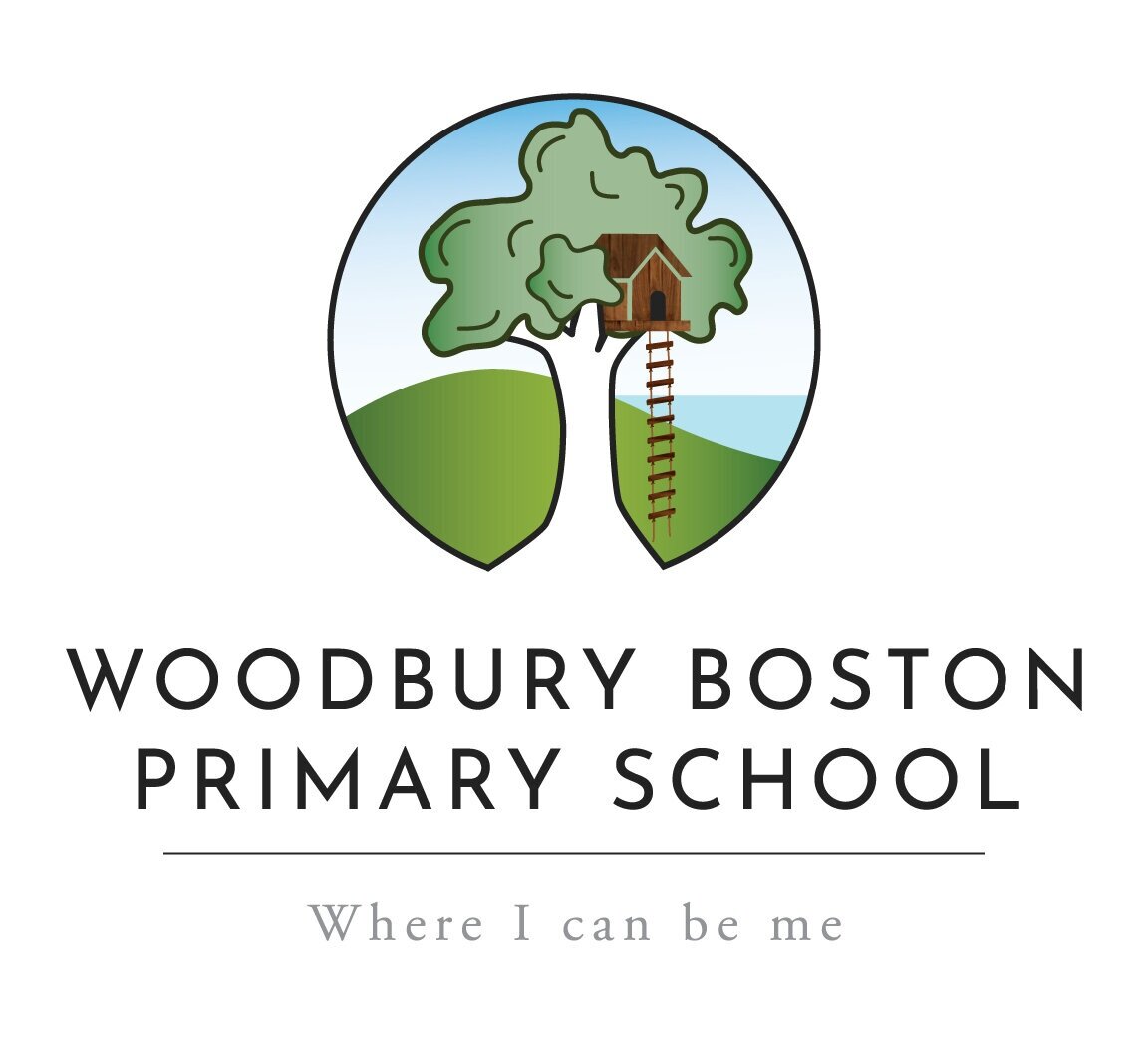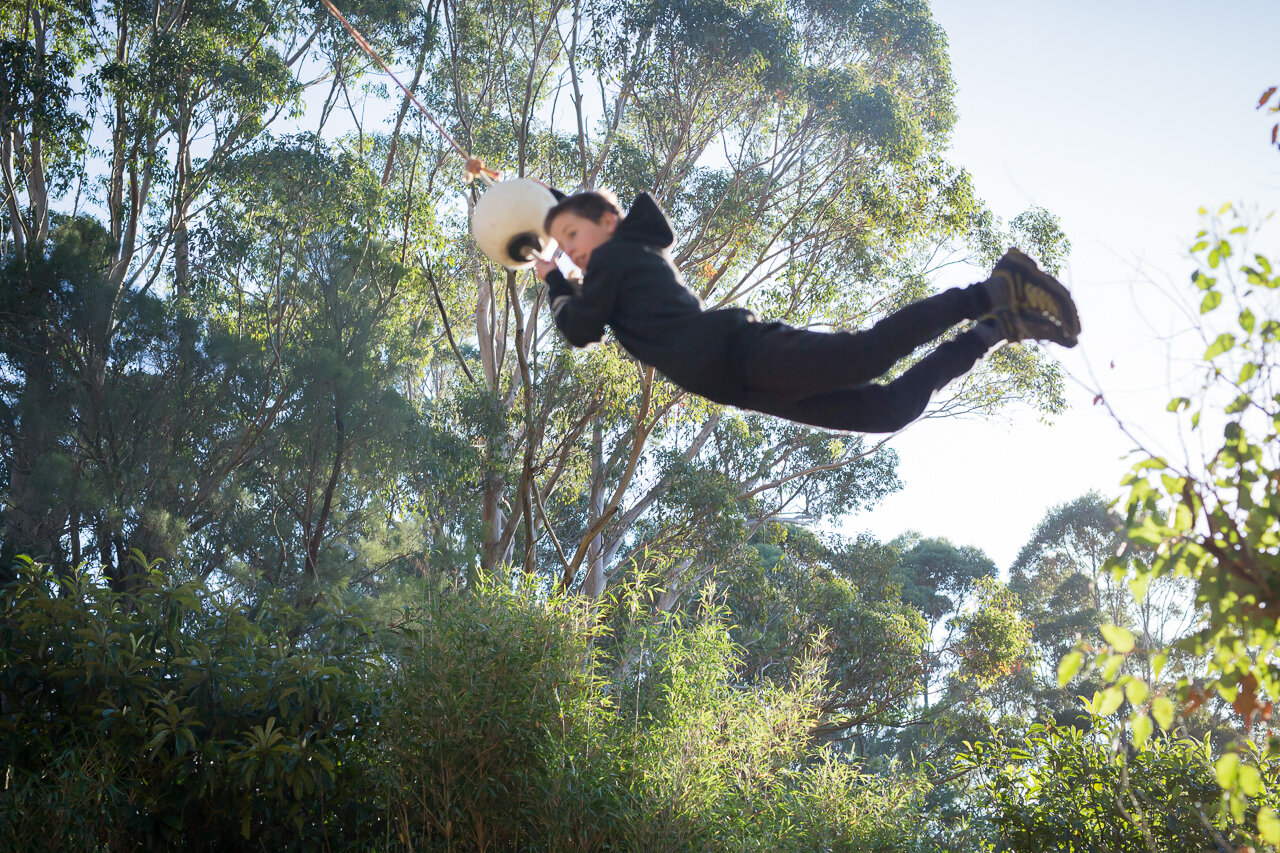Beyond early childhood: Nature based learning from K-6
Between screen time and organised sport, the average primary school student doesn’t spend a huge amount of time outside. And it shows: referrals to Occupational Therapists are at an all-time high. We know that nature-based play and learning are beneficial in early childhood, but what about older students? Do upper primary students experience the same benefits, or are they better off at a desk all day?
Valuable learning time
In her book Children Learning Outside the Classroom, Sue Waite explores the whats and whys of nature-based learning all the way through primary school. She stresses the fact that outdoor learning “goes beyond providing fresh air and letting off steam” (Waite, p 260). What true nature based learning demands is alternative pedagogies, which means different ways of teaching. With this in place, outdoor learning can enrich all parts of the curriculum (p. 261).
Why learn outside the classroom?
When it comes to outdoor learning, Sue Waite is an expert. In fact, she’s a widely published Associate Professor of Outdoor Learning at Plymouth University and a qualified primary school teacher. Her work is based on the question:
How far does life experienced in classrooms reflect life outside the classroom?
Turns out, it doesn’t, really. In her research, Sue discovered that parents and educators are keen on several factors when it comes to their children’s education. These goals include things like:
Healthy minds and bodies
Confidence and social skills
Self-directed creativity
Contribution to society
Becoming a global citizen
To Sue Waite, the benefits of outdoor learning are clear. Over and over, her research has shown that outdoor learning keeps children active and contributes to their well-being. That outdoor experiences make kids feel positive about learning. Learning outside the classroom, particularly in a context that students can connect to their lives outside of school, builds motivation and engagement (Waite 269).
And when students feel healthy, positive, motivated and engaged — amazing things can happen.
How does nature-based learning happen?
At a school like Woodbury Boston, the bush is a natural extension of the classroom. This means that outdoor learning is second nature for our teachers and our students. Our natural landscape inspires many of the lessons and units of study at school. Here are just a few examples:
Our youngest students identify a range of living and non-living things. They make observations about the traits of each item, where it can be found, and whether it is living or non-living.
Older students invent projects to solve everyday problems using items found in nature. The focus on sustainability develops creative problem solving while highlighting the need to consider the environment in everything we do.
When it comes to history and geography, the landscape gives us almost unlimited fodder for fascinating experiences for our kids. From Dreamtime stories and bush tucker to local plants, landforms and water conservation, being in the bush makes it real for our kids.
And you might ask ‘What about ICT?’ Students use a whole range of devices to take photos, record audio and vision, use QR codes to access information on the web, and edit their own videos. All of these skills build the creativity and independent problem solving that we love to see at school.
Think outside
Interestingly, Sue Waite’s incredible book has served to support the education practices that we’ve had in place for 40 years at Woodbury Boston. Our K-6 students experience outdoor learning on a daily basis. This focus on providing an exciting range of out of the classroom (and out of the box!) experiences for our students means that they’re growing into well-rounded, expressive, independent humans. And we wouldn’t have it any other way.
References
Waite, Sue (2017). Children Learning Outside the Classroom. London, UK. Sage.
Recommended Reading
-
2023
- Jul 31, 2023 Benefits of STEAM in a nature-based learning environment Jul 31, 2023
- Jul 31, 2023 STEAM on campus: a student-designed outdoor classroom Jul 31, 2023
-
2022
- Sep 21, 2022 Here’s how we personalise your child's learning Sep 21, 2022
- Aug 8, 2022 What puppeteering taught the Koomals about Design Thinking Aug 8, 2022
- Jul 21, 2022 Dirty feet: here’s what our students learn in the bush Jul 21, 2022
- Jun 16, 2022 Notes from Nick: our Principal shares his experience Jun 16, 2022
- Jun 6, 2022 The Importance of Play Jun 6, 2022
- May 18, 2022 Meet Val May 18, 2022
- May 18, 2022 Peer Support: fostering student leadership May 18, 2022
- Feb 10, 2022 The Woodbury Boston difference: what does it mean to educate the Whole Child? Feb 10, 2022
- Feb 10, 2022 The 5 educational models that make up our teaching style Feb 10, 2022
-
2021
- Dec 13, 2021 In-school Orientation Day Dec 13, 2021
- Nov 4, 2021 Meet Nick: Philosopher and veteran educator Nov 4, 2021
- Oct 16, 2021 Celebrating 40 (+ 1) years of Woodbury Boston Oct 16, 2021
- Aug 6, 2021 Playgroup at Woodbury Boston welcomes parents and bubs Aug 6, 2021
- Jul 9, 2021 What a wonderful learning experience Jul 9, 2021
- Jun 23, 2021 Meet Whitney: rock star and memory keeper Jun 23, 2021
- May 30, 2021 Out and About May 30, 2021
- May 18, 2021 Here’s what our students learn during our whole-school concert May 18, 2021
- Mar 24, 2021 Parliament: Empowering students to use their voices Mar 24, 2021
- Feb 4, 2021 Wondering what we learn in kindergarten? Feb 4, 2021
- Feb 4, 2021 4 ways to prepare your child for school Feb 4, 2021
-
2020
- Nov 19, 2020 Out & About: learning in the real world Nov 19, 2020
- Nov 16, 2020 Here’s how to get involved at Woodbury Boston Nov 16, 2020
- Oct 29, 2020 IBL Part 2: Inquiry-based learning in action Oct 29, 2020
- Oct 29, 2020 IBL Part 1: 4 steps to inquiry-based learning Oct 29, 2020
- Sep 12, 2020 Meet Byron — teacher and adventurer Sep 12, 2020
- Sep 10, 2020 Camps and adventure at Woodbury Boston Sep 10, 2020
- Aug 6, 2020 Beyond early childhood: Nature based learning from K-6 Aug 6, 2020
- Jul 29, 2020 Brains and bellies: The importance of a nourishing lunch Jul 29, 2020
- Jul 29, 2020 Here's how to choose the best school for your child Jul 29, 2020
- Jul 28, 2020 Dirty feet: 4 ways bushwalks make our students smile Jul 28, 2020
Woodbury Boston Primary School is a progressive independent school nestled in the bush between Denmark and Albany WA. We know that children learn best when they’re happy and having fun. With a strong focus on community, respect, independence and nature-based teaching, our students learn the Western Australian Curriculum and so much more. For more information or to book a personal tour, please ring 9845 1185.




